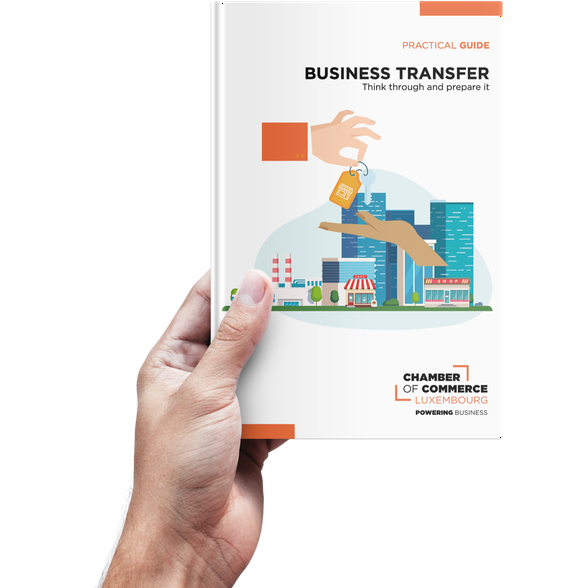Business transfer: a common objective, several realities
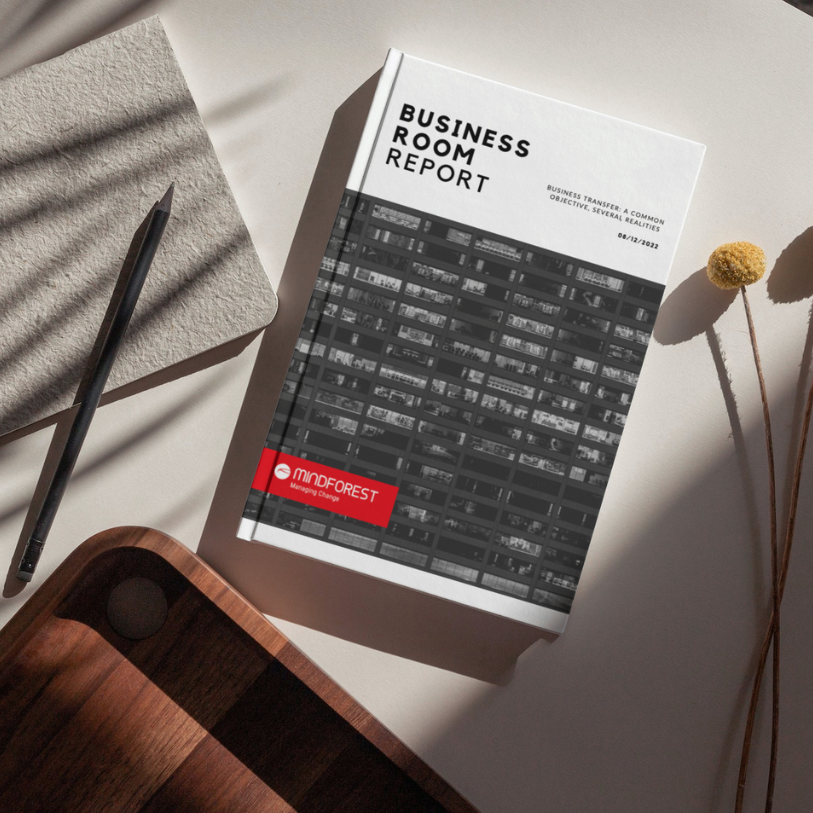
Following the Business Room on 8 December 2022 on the subject of business transfers, MindForest has drawn up a report to help understand the stages of this process and also how its experts can help in supporting the transfer of a business, whether for the buyer or the transferor.
Subject
When it comes to transferring or taking over a business, the first aspects to deal with concern financing and auditing the business from an accounting, legal and tax point of view.
All too often, the human and cultural aspects of the transfer are rarely discussed:
- What is the transferor’s real motivation and what criteria will (s)he use to choose the buyer?
- To what extent does the company’s culture play a role in the success or failure of the transfer?
- Do intangible aspects weigh in the balance when valuing the company? How can the key-man risk be assessed?
- How can employees be prepare?
- How do you pass the baton between the vendor and the buyer, and what role should the vendor play after the closing?
- Is the situation different in the case of a family transfer?
MindForest put together a group of experts in the field of business transfers, managers who have sold their companies, buyers, lawyers and tax specialists to discuss the subject during a morning of reflection in December 2022.
The factors of failure
The risk of failure is not always linked to financial reasons, but some solutions exist to limit the risk of failure:
FAMILY CONFLICTS
Patriarchs/matriarchs do not recognise their descendants as their natural successors, do not consider them ready. Experience shows that conflicts tend to occur from the 2nd to the 3rd generation.
THE BUYER
There may be difficulties in finding a buyer who meets the vendor’s expectations.
When the time comes to transfer the business to a third party, the transferor may either wish to get the best price or ensure that the business is in the hands of someone who has the same aspirations, values and desire to make the business sustainable.
EVALUATION AND PRICE
There are sometimes difficulties in valuing the business and in finding a buyer willing to pay the price. Very often, for the seller, the price must reflect a lifetime’s work, it is more than an estimate based on turnover. In some sectors, such as construction, the constraints linked to a takeover (respect of ten-year guarantees) are such that one should be happy to find a buyer and not simply close the business.
The subject often remains taboo in the case of family transfers. The valuation of assets (business, real estate) is conducted in an approximate way, which can lead to subsequent conflicts between the heirs. It remains difficult for an external actor to enter into these family discussions.
Sometimes a deadlock arises because the managers do not want to hear the opinion of the experts, and the company is simply closed down without a takeover.
THE TRANSITION
Equally it may not be easy for the vendor to leave after the sale, to let go.
The sale of the business is not yet the end of the transfer. A transition period will allow the transferor to hand over smoothly. This is a critical period because the employees may feel divided, be afraid of betraying the former manager or not recognising the legitimacy of the buyer.
It is necessary to be able to plan a relationship that has not yet begun.
The difficulty also arises from the fact that this point is not mentioned in the law of establishment.
COMMUNICATION
It may sometimes be difficult to know what to communicate to whom and when.
DIFFICULTIES IN LETTING GO
It may not be easy for the vendor to let go. After devoting one’s life to one’s business, it is difficult to question oneself and to hand over. There is a risk that the company will lose momentum due to lack of investment and innovation, and become unsellable.
COMMITMENT
Difficulties for the buyer to understand the company (s)he has taken over or inherited and to give impetus to a new vision, between change and continuity, without upsetting the company, or running the risk of seeing talent leave.
Difficulties for employees to accept the new leader.
A company is much more than an activity, employees and turnover. It is a history, a life marked by successes and failures, shared collectively by the employees.
Make sure you get the right support
The two most important things in any company do not appear in its balance sheet: its reputation and its people.
Henri Ford
As you can see, the transfer of a company is not an easy process. It is important for companies to understand that there are many issues at stake before the closing that go far beyond purely financial issues.
Fortunately, vendors, buyers and their employees can be accompanied throughout the process by experts in the various fields to be covered:
Coaches and advisors
to help the vendor assess his/her aspirations and evaluate the risks and opportunities.
Mediators
to pacify the discussions between the parties involved and find an agreement.
Organisations
specialising in matching the vendor with the buyer (BusinessTransfer.lu in particular).
Training organisations
to prepare the vendor or to train the future buyer in the sector of activity of the company being taken over
Accountants
and other experts to evaluate the business and draw up an accounting and tax report, and to draft the articles of association of the future company. They are often long-standing partners of the company and often act as confidants, as intermediaries between the generations.
Banks
and mutual guarantee societies for financing.
Lawyers and notaries
to draw up the deeds of sale, non-disclosure agreements.
MindForest's approach
In addition to all these actors, there are experts in charge of human, organisational and strategic support. These aspects are often neglected because they are very time- consuming.
Such experts intervene throughout the transfer process, initially to prepare the vendor, and well after the closing to support the transition stage and ensure that the employees are on board.

The diagram below shows the types of intervention at the different stages of the transfer.

Assessing aspirations and identifying risks
Helping the buyer prepare for the sale
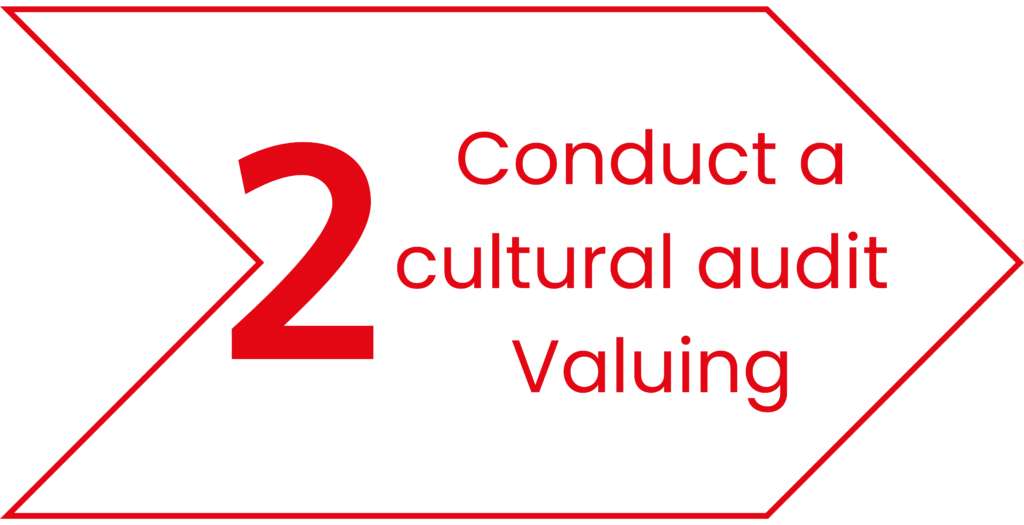
Making the company culture tangible and compare it with the profile of the ideal buyer
Valuing the intangible capital
Evaluating the key-man risk
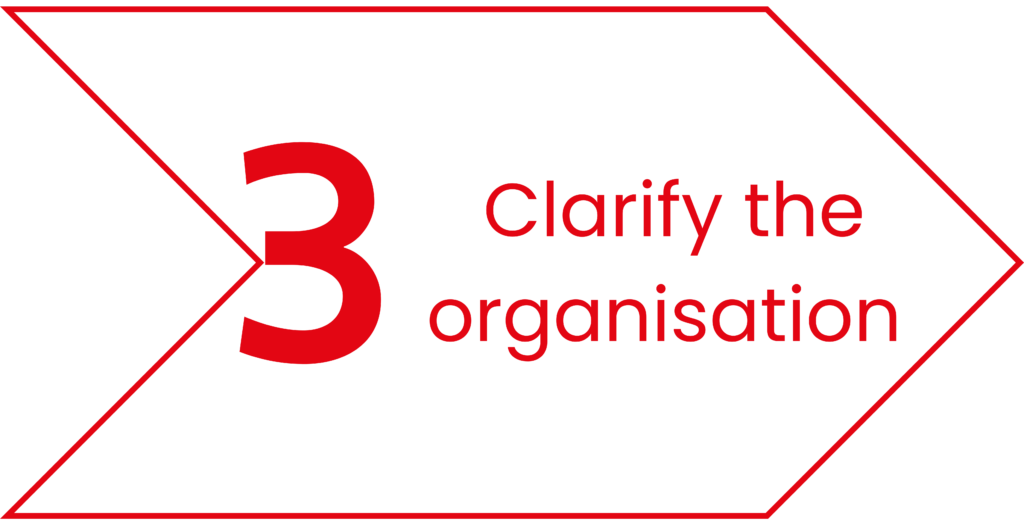
Facilitating understanding and clarify processes, roles and responsibilities
Identifying of the type of management, information flows
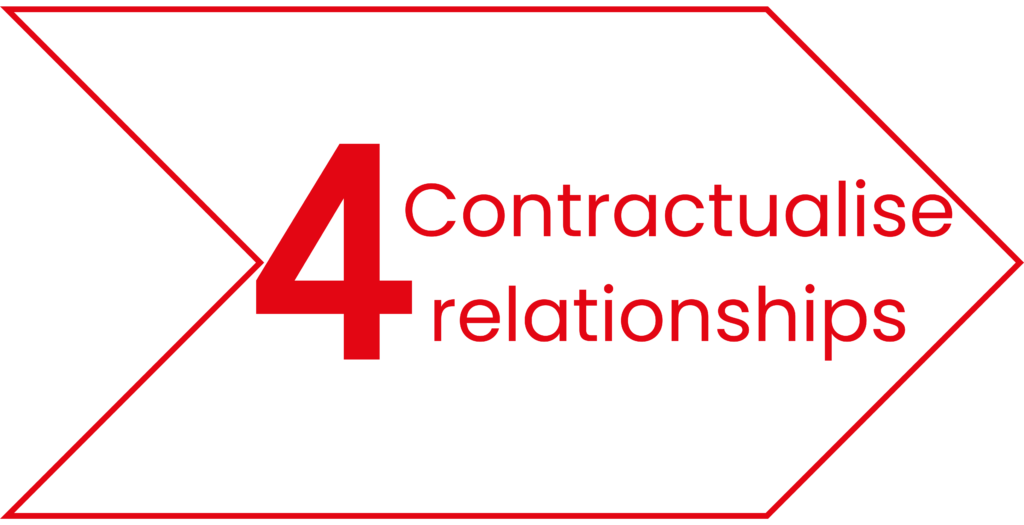
Formalising the transition period between the two parties
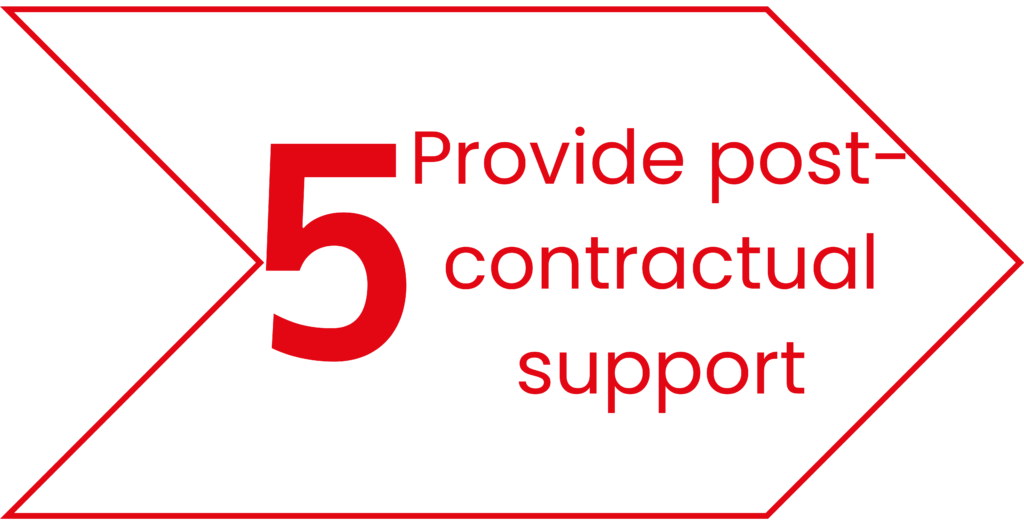
Helping the buyer to immerse himself in the company’s culture, gain the trust of his new employees and help him to encourage collaboration
Helping the employees to adhere to the new operating mode and project
Helping the seller to find his place
CONTACT MINDFOREST'S EXPERTS

Marion Malchair
(MindForest – Change consultant)

Carole Brochard
(MindForest – Consultant)
+352 43 93 66 6770
info@mindforest.com
MindForest S.A
34, rue Michel Rodange L-2430 Luxembourg
Corporate culture
Changing leaders has a strong emotional impact on employees.
Mentalities are changing and the financial incentive is no longer a reason to stay. They may want to leave if they don’t like it, even without a concrete project behind it. Diplomacy is therefore required.
Although often implied and not formalised, a company’s culture does exist. It becomes all the more evident during a takeover when it becomes apparent (often too late) that it is not compatible with the culture, aspirations and values of the buyer. For example, a company that is very customer satisfaction oriented will have difficulty in accepting the behaviour of a buyer who is profit-oriented at all costs. The company culture is expressed in the form of lived values (and not self-proclaimed values displayed on a poster), practices, self-evident facts when it comes to making trade-offs, CSR commitments, myths and beliefs, ways of managing conflicts, and a reason for being. This culture lives through the organisation, its processes, information flows, the way employees interact, decision- making flows and management style. It is carried by the employees who recognise themselves in it, are proud of it and pass it on. It constitutes the company’s DNA and must be taken into account during the transfer period, because it will be difficult to change it immediately.
On the other hand, it is advisable to prepare the company to be handed over by infusing a culture of change and a form of organisation to create acceptance of inevitable changes.
It is necessary to formalise the culture to make it visible, to transmit it and thus to encourage this attachment, which will be crucial during this period of turbulence.
Going a step further:
MindForest collaborated with the Chamber of Commerce and BusinessTransfer.lu to design and write a practical guide for vendors and buyers on the topic of business transfer. This guide was published with the magazine Merkur in November 2022. It is available free of charge online!
WANT TO RECEIVE OUR LATEST THOUGHT LEADERSHIP CONTENT?
Related posts
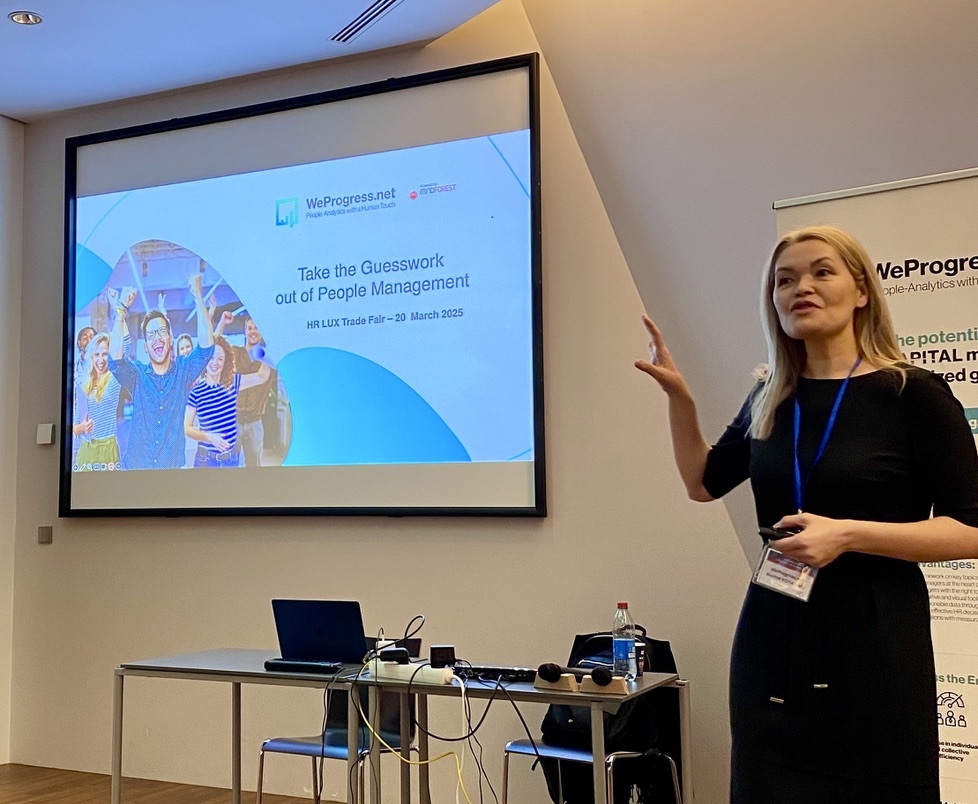 Take the Guesswork out of People Management
Take the Guesswork out of People Management
 From processes to people: achieving quality
From processes to people: achieving quality
 Daring to lead Positive Transformation: What if Positive Emotional Capital was your key to sustainable change?
Daring to lead Positive Transformation: What if Positive Emotional Capital was your key to sustainable change?
 Why hire Change management professionals? We can do it alone!
Why hire Change management professionals? We can do it alone!
 Digital Transformation and Change Management: Lessons shared in an event hosted by Cebi and MindForest
Digital Transformation and Change Management: Lessons shared in an event hosted by Cebi and MindForest


